This post has not been edited by the GamesBeat staff. Opinions by GamesBeat community writers do not necessarily reflect those of the staff.
A while back you might remember a time when people couldn't stop gushing about environmental storytelling and silent protagonists. Around the time of the release of the original Bioshock everyone was so convinced that cutscenes were an inferior use of the medium and immersion took precedent over having a main character in game storytelling that it became a hot topic in the industry and immersion became an almost meaningless buzz word. I never really got the point behind all of this. Sure you can create an environment that can communicate a lot of information, but it's never going to outright subsitute for the kind of information character development and story plotting conveys. They're two completely different things.
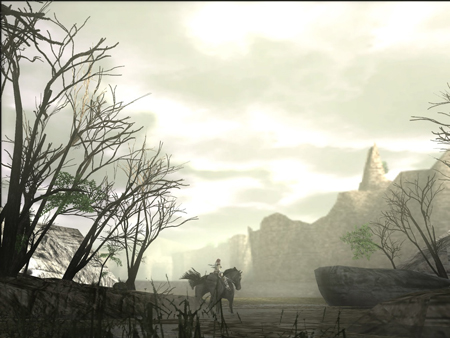
Shadow of the Colossus is a giant of enviromental storytelling. For example. This environment tells the story of how this…uh…is a nature setting….and….deserted.
So when everyone else was gushing about immersion I was sticking to my guns like a man possesed. I would get into bombastic arguments about how silent protagonists were a cheat to try and fool the viewer into being immersed instead of providing quality content to immerse them and how cutscenes can't be completely useless for immersion because plenty of people still go to the movies and say they feel 'drawn into that world'. What I really meant in the long run wasn't that these were bad practices as much as that they are tools, just like a speaking protagonist and cutscenes are tools. Tools that, when used right, can be as good as any other tool in putting together an engaging game.
Turns out game developers are discovering their older tools at the bottom of the box again lately.

There we go. Almost forgot where I kept 'plot' and 'character'
You still have games like Portal 2 that stick at least partially to this philosophy of 'less is more' and do it well, (Valve has refined first person minimalist storytelling to pretty much the state of that art, but even Portal 2 is pretty talky and story driven compared to Portal 1) but more and more I'm seeing series that used to have silent protagonists going back to the drawing board.
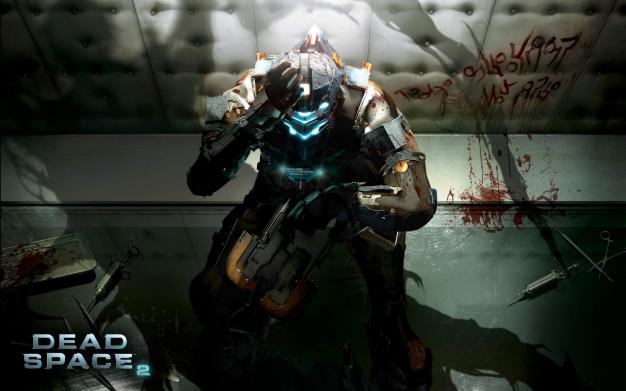
Oh man. That bump on the head sure was something. I can't even remember the last few years. I didn't do anything wierd, like live half of my life as a high functioning mute who did nothing but follow orders, while I was out did I?
Issac from Dead Space has a voice in the sequel. Call of Duty Black ops has a set of fully voiced protagonists and a much more involved and long winded story focus in it's single player(and is a much better experience for it, IMO.) Hell, even the Mortal Kombat series now has more cut scenes then it knows what to do with and people are gobbling it up blissfully. They aren't even accounting for the story's shortcomings when they talk about it most of the time. They just like it being there because fighting game stories are usually so minimalist they are non existent and perfunctory.
So, game players and game critics, now that Bioshock Infinite, the highly anticipated sequel to one of the rompin n stompinist non cutscene havingist silent protagonistieist games out there, looks like it is completely giving up on having a silent protagonist and adding in a chatty companion character that suggests a larger focus on character development and interaction, can we all just apologize to voiced protagonists yet?
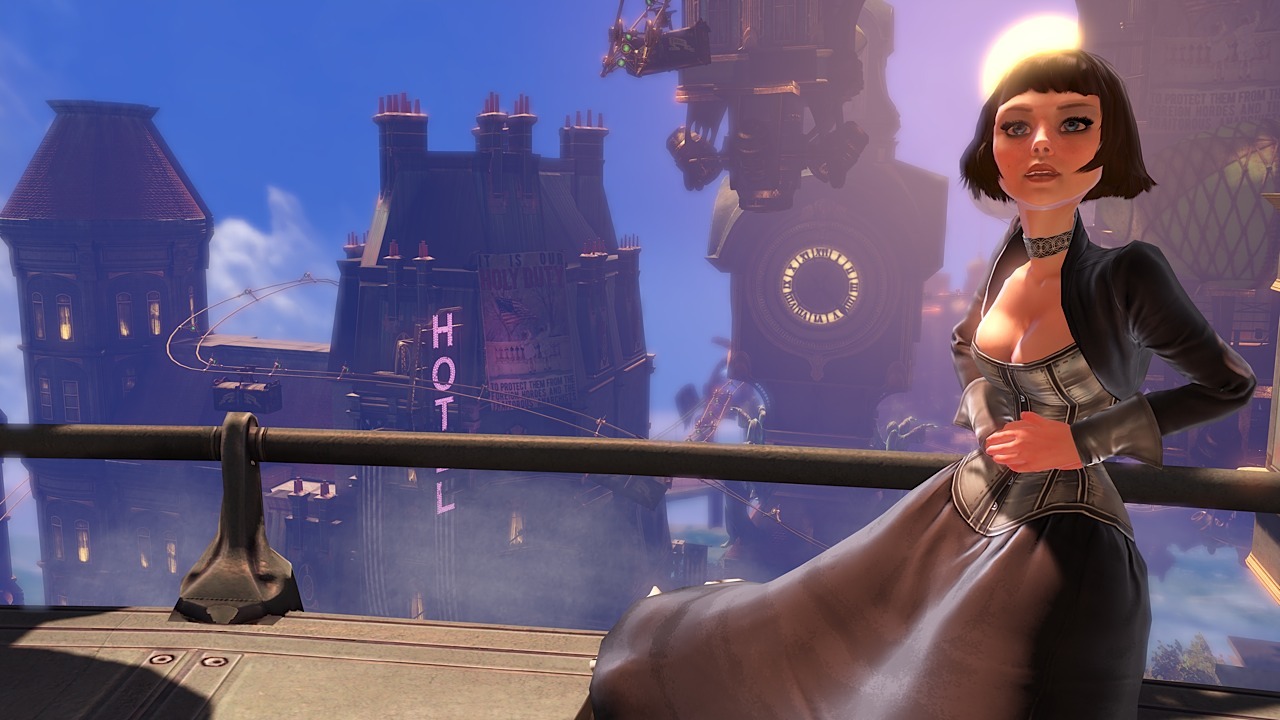
Hi. I'm an actual talking companion! I'll be saying things and your character will say things back. Try to keep your brain from blowing out the back of your skull in surprise
Now cutscenes are helping to revolutionize fighting game single player. Proving that people not only want a story with fighting games, they kind of EXPECT it.
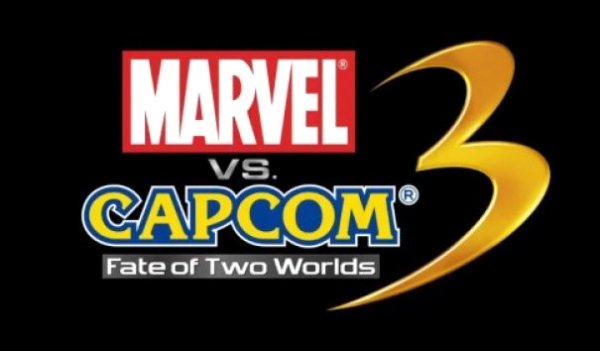
Pphhhhhhhuck yoooooooouuuuuu! Fate of 2 worlds MY ASS. Fate of 2 minutes of effort put into your goddamn storyline.
So can we just get over the fact that just because games aren't movies doesn't mean games can't still benefit from a little sit back and watch it storytelling when the situation is right for it?
Can we just move on and all hug our Japanese talky and cutscene heavy games once in a while and be glad that every single game doesn't have to resort to audio dairies for almost ALL of it's story?
Yeah. I'm sure in the middle of the apocalypse everyone would be sure to pick up a goddamn Talkboy and narrate what's happening to them to leave for an intrepid adventurer to connect the dots.
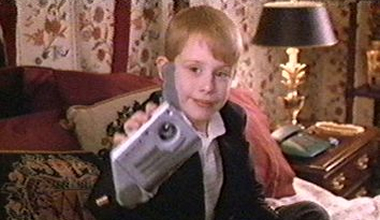
Mr Culkin is well prepared for when the hyper intelligent apes tear off his legs and force him to work in the stumpy boy mines. He'll leave 10 tapes around his city block telling the tale.
Just face the music, guys. The old ways of telling stories aren't just going to go away if you insult them hard enough.
Game stories can be whatever game makers want and whatever players want to play. In a world where the Metal Gear Solid series is one of the high water marks of video game storytelling (don't deny it, I'll kung fu fight you over it) there is no proof that any tactic that has worked in the past is invalidated by any tactic used in the future. There is no low form of the medium or high form of the medium that inherently has more worth.
There is room for talky and room for silent. There is room for cutscenes and room for environmental storytelling. Stop talking about what is a more pure form of storytelling for a game and start talking about what works best for each individual game.
Most of all. If a game's story sucks, blame the piss poor writing, don't blame long cutscenes and the fact that the main character talks.
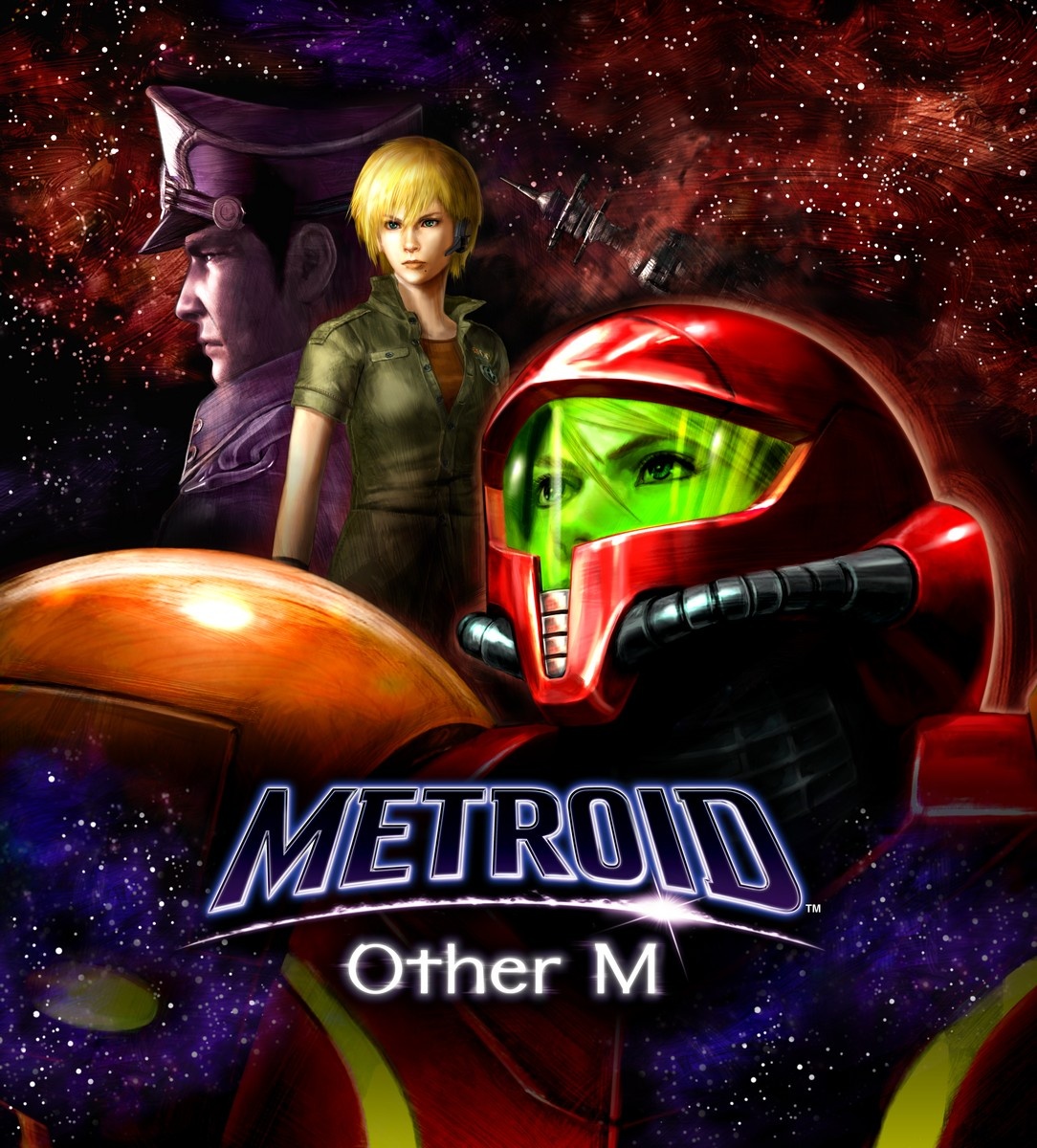
A talking Samus and too much story didn't ruin this. No matter how minimalist you go, if your writer can't get the job done it will still be crap.
